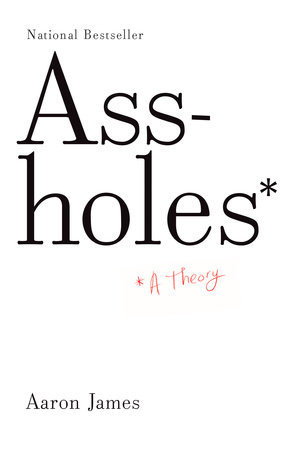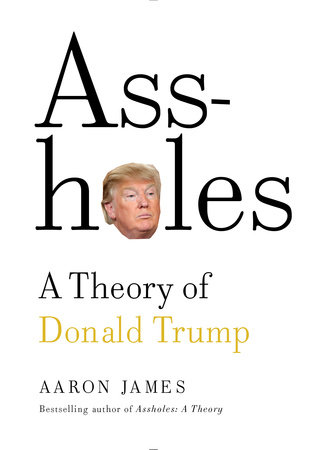Is Capitalism a Devil’s Bargain?
Capitalism induces morally questionable motives–of assholery, greed, or at least self-interest. Does that gravely imperil the larger good that capitalism aims for–things such as reducing poverty and want; enabling science, the arts, and leisure time; promoting freedom, and so on? Faust, in Goethe’s telling, bets his soul to Mephistopheles for greater earthly powers, in hopes of never being satisfied with earthly pleasures, but then does terrible things and barely escapes damnation (because he had nevertheless “striven greatly”). Are the moral risks we face in modern capitalist societies comparably grave?
Some possible answers (roughly stated):
(1) No, no real chance; don’t worry about it. This is David Hume’s (then subversive) view. If Mandeville claimed that private *vices* lead to public benefits, Hume redefined “virtue” as that which serves the public good, in which case self-interested commerce is *virtuous.* Adam Smith followed Hume, though neither went as far as the now conventional, Gordon Gekko view that “greed is good.” On that view, given all the good capitalism does, we mainly don’t have to worry about its corrupting influence. Despite a few “bad apple” assholes, the risks of general moral corruption aren’t serious. Indeed, the successful capitalist is a moral hero, a paragon of industry and virtue. Be like Steve Jobs!
(2) Yes, necessarily so. The induced motives and vices are *inherently morally objectionable.* Assholes are merely the tip of the iceberg; we are all corrupted by market incentives, to our peril. On the pre-modern Christian version, capitalism is irredeemably evil. Likewise for Marx, though he’s more ambivalent (capitalism at least has the merit of undoing itself). In a still more relaxed way, Keynes perhaps saw capitalism as justified but as a *temporary* measure in world history, for the sake of creating plenty. In a similar vein, Skidelsky&Skidelsky’s recent book calls for advanced capitalism to return to Ancient Greece-style personal virtue and the good life (in a form of leisure capitalism that isn’t obsessed with growth). The grave risks lie in whether, once we have created the Frankenstein, we can ever get it under control, into a morally attractive or at least less grotesque shape.
(3) Yes, but everything depends on society (J. J. Rousseau and John Rawls). The induced motives aren’t *inherently* morally objectionable (a point of agreement with Hume and Smith), yet they *easily can be* depending what social context capitalist markets are operating in. Given the right set of institutions and social practices, which keep all on a footing of equality, self-interested motives needn’t creep beyond their proper moral bounds. Given the wrong set of institutions and practices, they lead to moral rationalization, personal corruption, social injustice and societal decay. We face the devil’s bargain, because we face grave risks of being unable to establish the necessary institutions or culture. Or when they are already established, we risk being unable to make them last. We constantly risk being unable to keep corrupting market motives and rationalizations at bay.
I tend to favor this last view, but with a further reason for hope. I’d say that decay isn’t the “natural” or inevitable direction of any capitalist system–or at least we don’t know that it is. The risks are specific to historical eras. Witness the post-war era, which was pretty successful in embedding global capitalism within decent institutions, at least as compared to eras before. In the last thirty years, we’re making less progress, and even courting longer-term moral decay (via the slide into “Asshole Capitalism,” of _Assholes_, ch. 6). Still, we could well soon have springtime, much as during the post-war years (though hopefully not without having to repeat something like WWII!). In an optimistic mood, one can tick off hopeful trends.
How likely is a moral spring, and how soon? I have no idea. What seems sure is that, if it does come, it will come, not in the natural course of things, but only because enough of us have, like Faust, “striven greatly” for a morally good kind of capitalism all along–even when the odds seemed long. And so it may well be that we just don’t have the needed resolve. Mephistopheles may win his bet after all.

